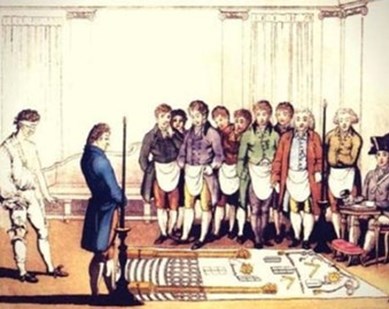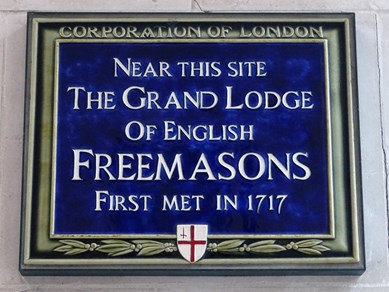FREEMASONRY – WHAT IS IT ALL ABOUT?
There are many misconceptions surrounding Freemasonry...
...but basically, Freemasonry is one of the World’s oldest fraternal societies and the administration of Lodges in England and Wales and many places overseas falls to the United Grand Lodge of England.
Whilst there are Organisations that cater for Lady Masons, Freemasonry in its accepted sense is a society of men concerned with maintaining high moral standards and values that are of benefit to himself and society at large.
Freemasonry is not a religion, but it is a requirement that its members have a belief in a Supreme Being. Membership is, therefore, open to those of any race or religion who can fulfil this essential qualification and who are of good repute. Members are expected to follow their own faith and religion is not allowed to be discussed at its meetings.
The main principles that a Freemason will be expected to follow as a way of achieving higher standards in life are to show tolerance, respect and understanding for the opinions of others; be charitable in nature both by charitable giving and by voluntary efforts; works as individuals to the benefit of self and the community as a whole; to strive for truth requiring high moral standards and aiming to achieve them in their own lives. ‘In a nutshell,’ by following the aims and objectives of Freemasonry, a member is encouraged to become a more rounded individual and of benefit to himself and society as a whole.


Among the most popular myths associated with Freemasonry are that its members will receive preferential treatment in terms of acting unlawfully and personal/professional gains such as cancellation of parking tickets or unjustified promotion at work. However, such practice is contrary to the conditions on which admission to Freemasonry is granted. A Freemason’s duty as a citizen must always prevail over any obligation to other members and any attempt to side with a Freemason who has acted unlawfully or dishonourably is contrary to this prime duty.
All members are free to acknowledge their membership and can do so in response to enquiries for respectable reasons and its constitutions, aims, principles and intentions are available to the public. It is true, however, that there are traditional modes of recognition practiced and kept by its members.
In conclusion, a Freemason is encouraged to do his duty to his God, (and then without detriment to his family and those dependent on him) to Society in general by maintaining high moral standards, contributions to charity and service to his community.
